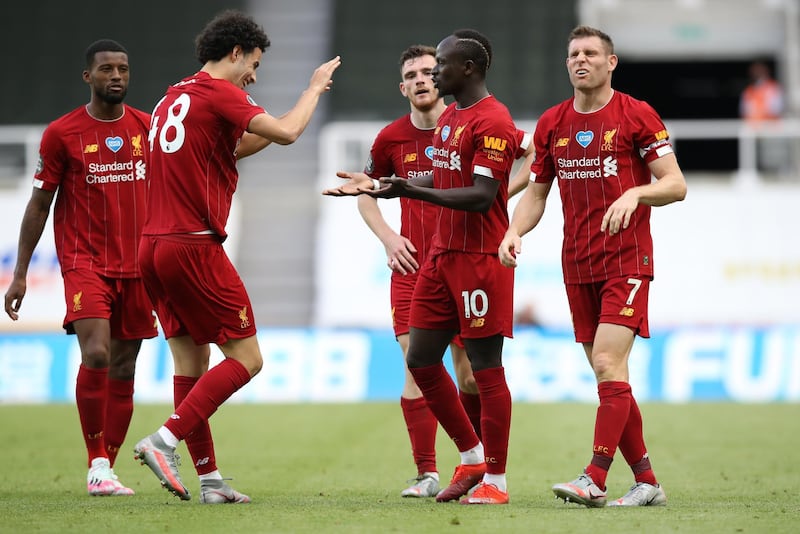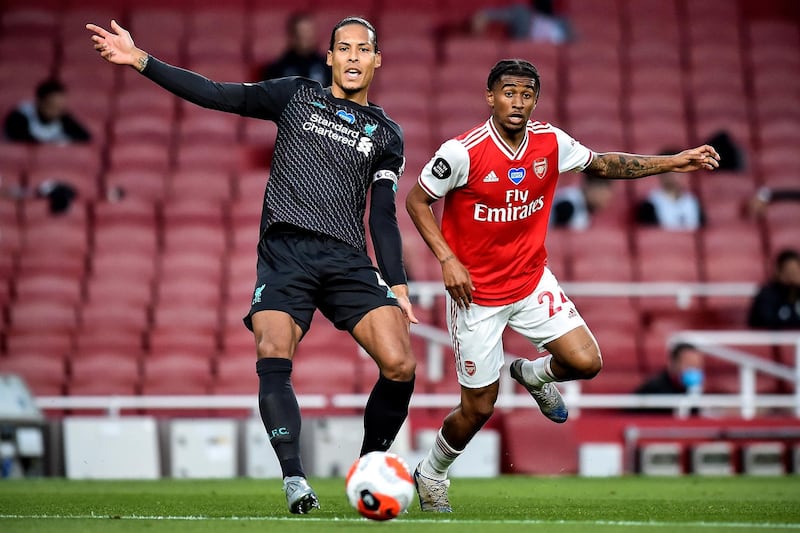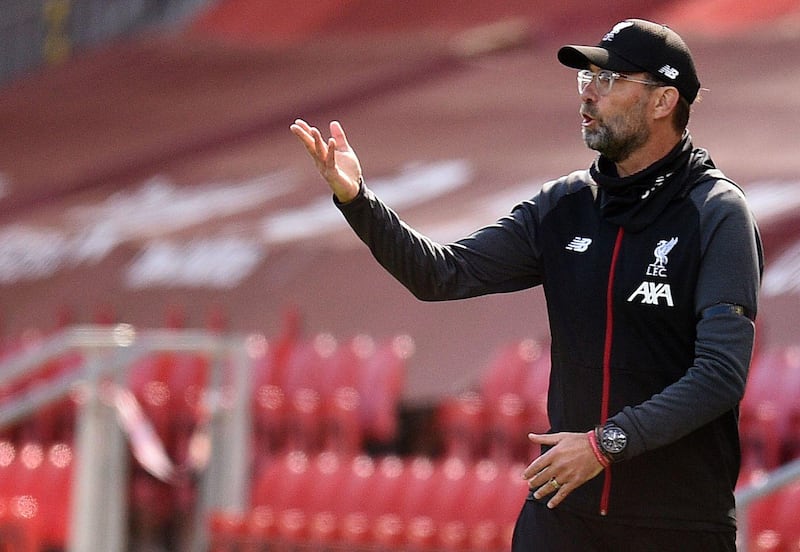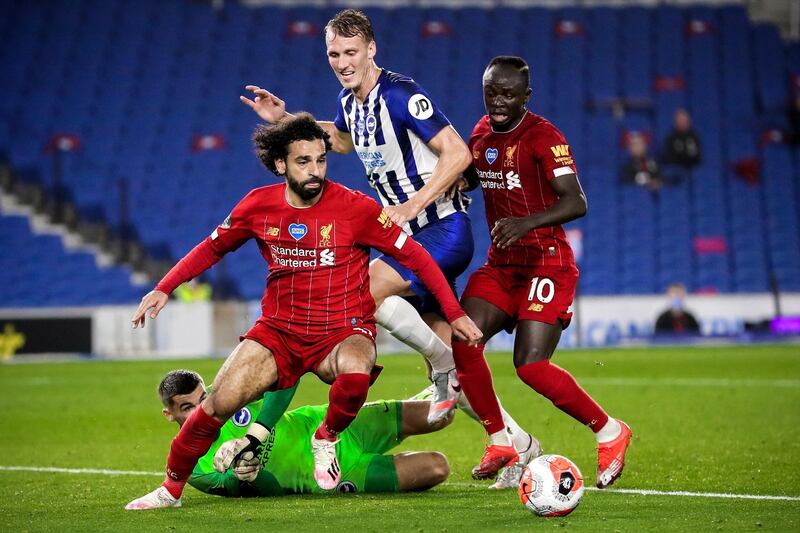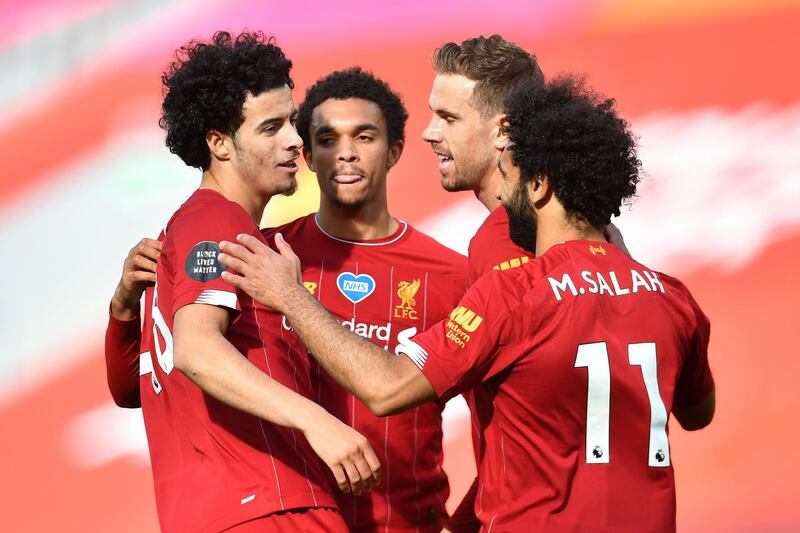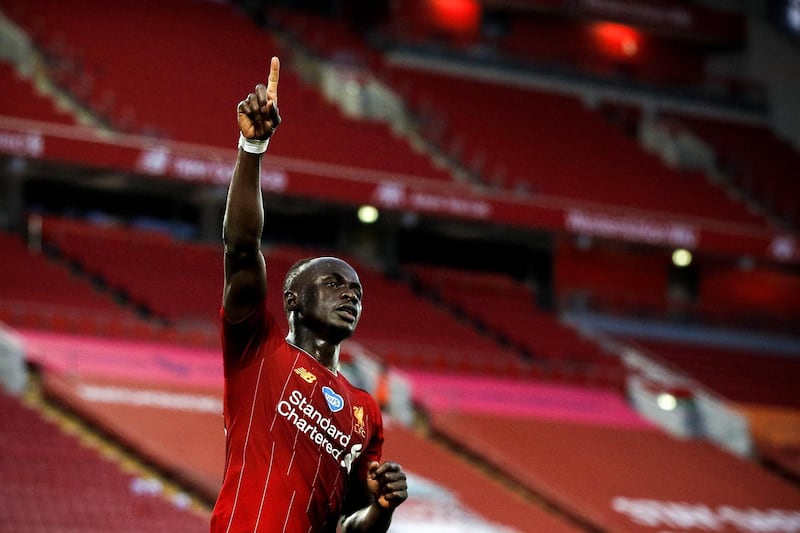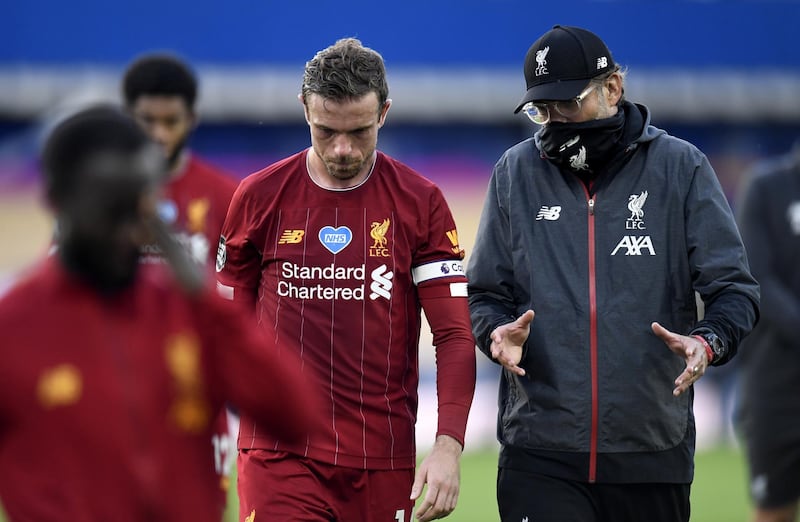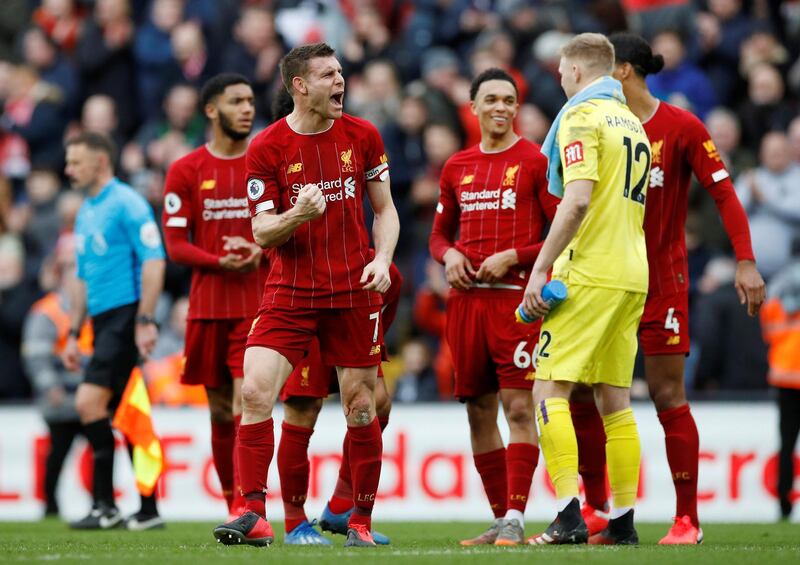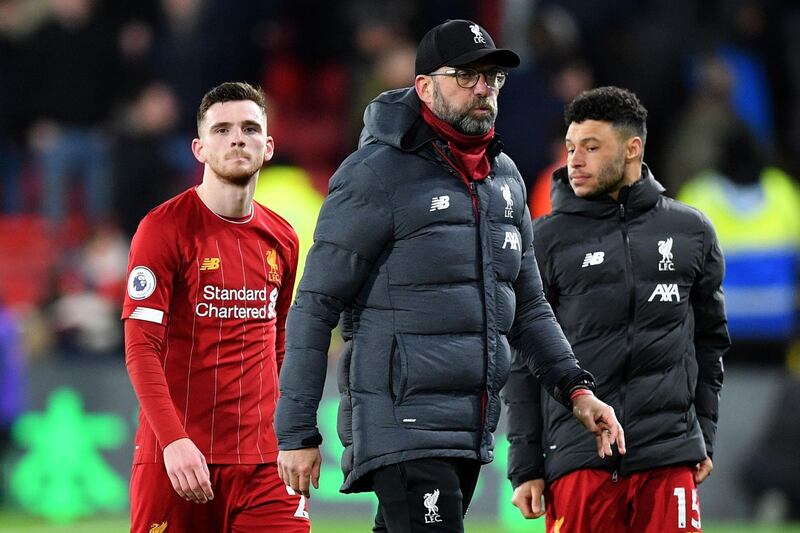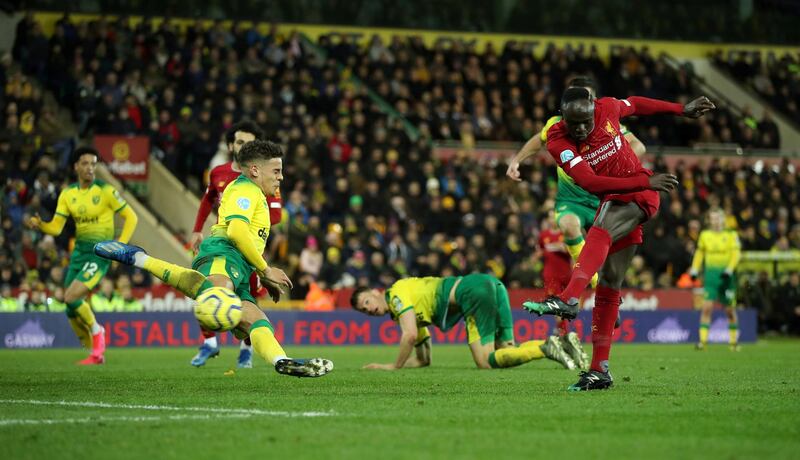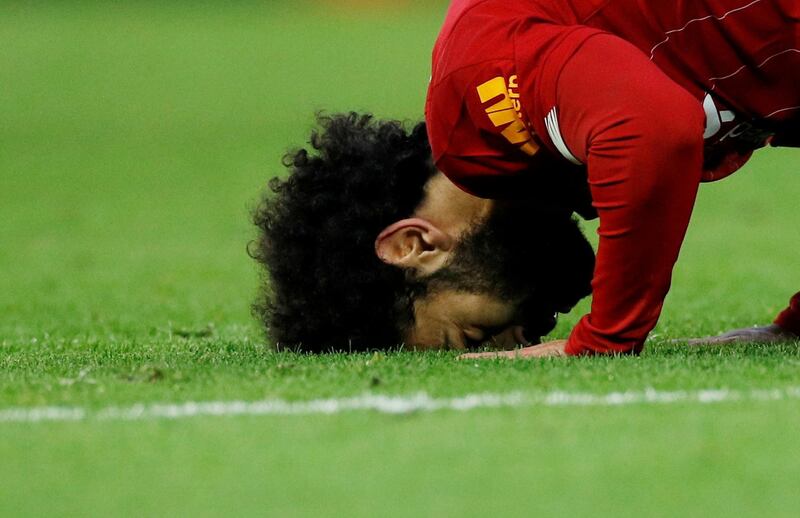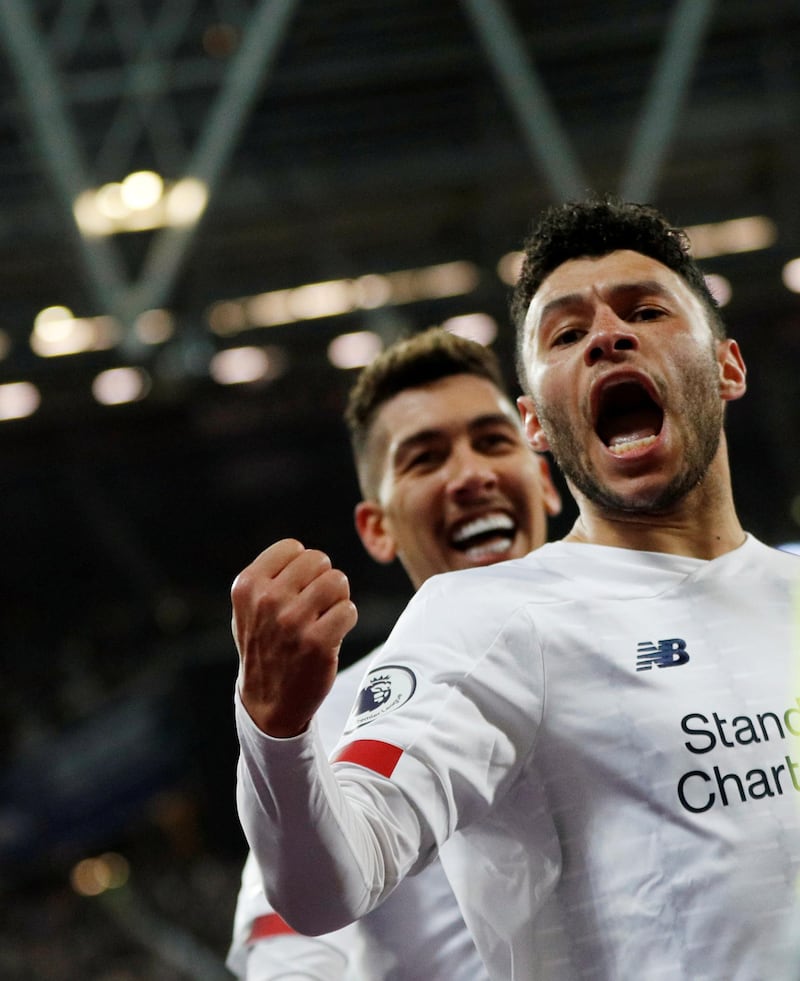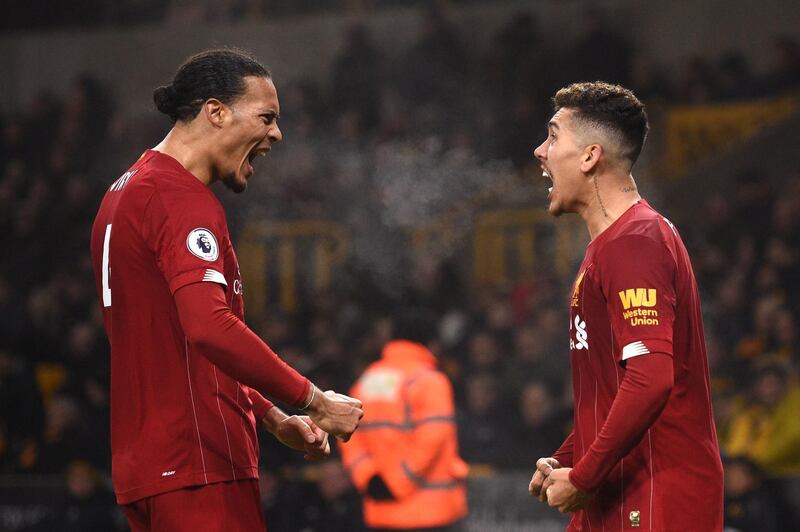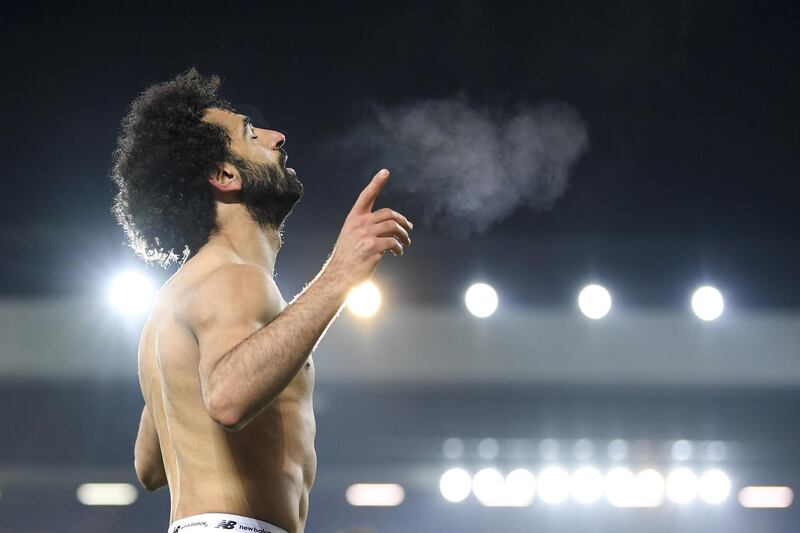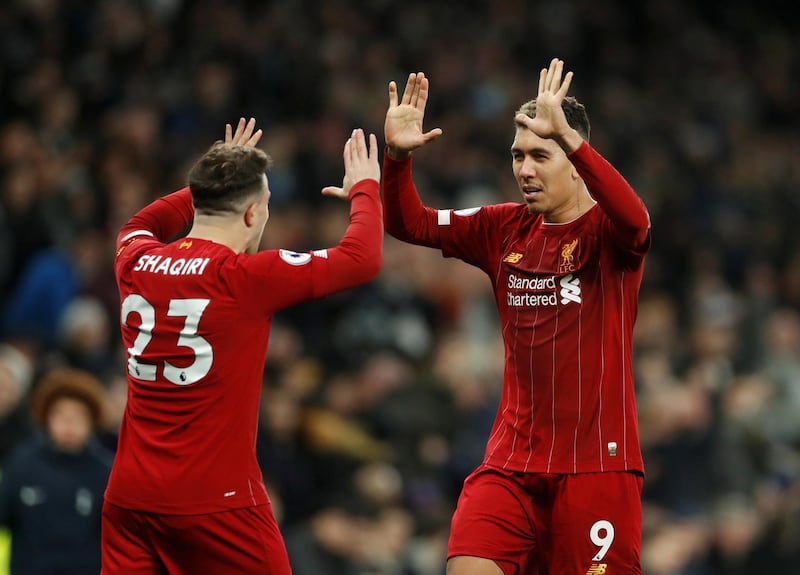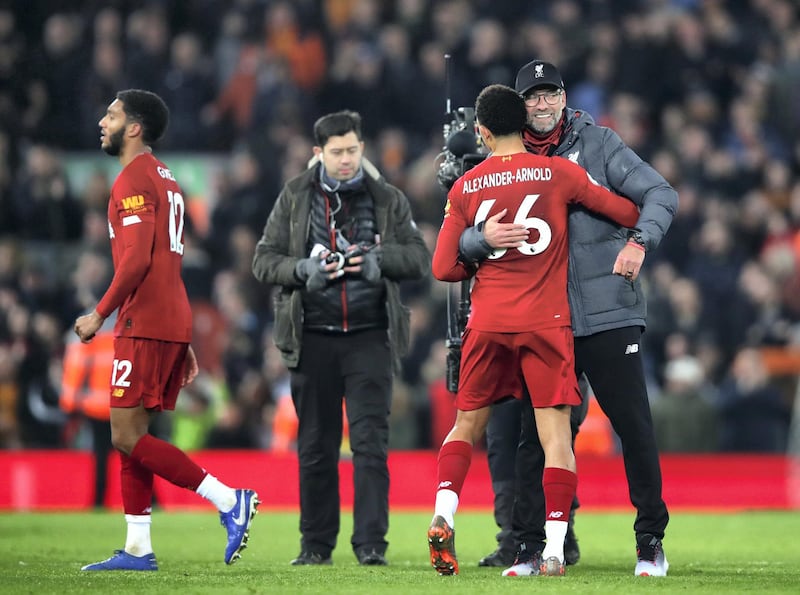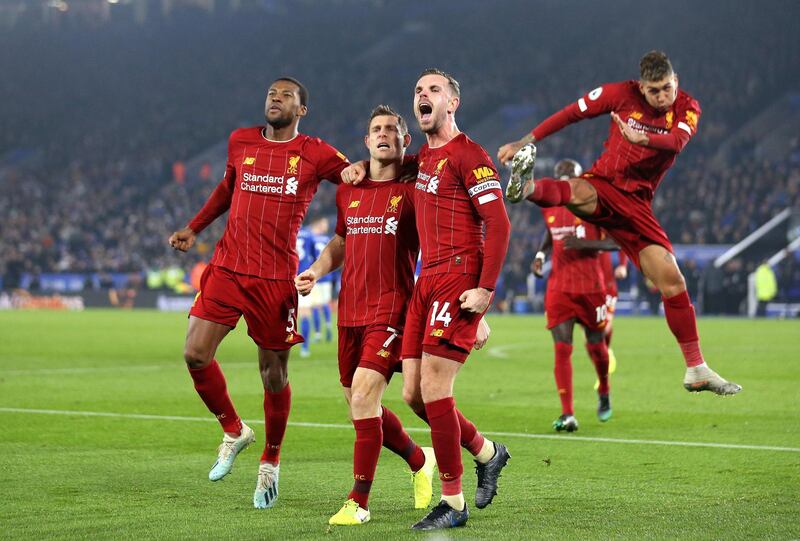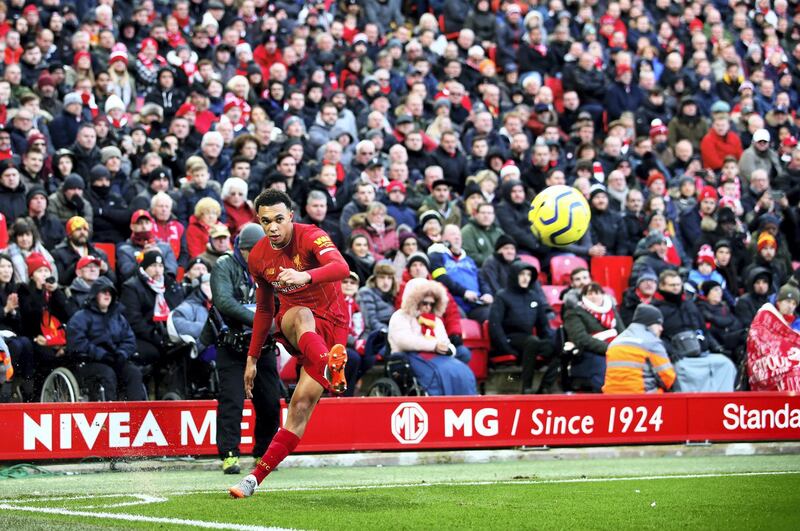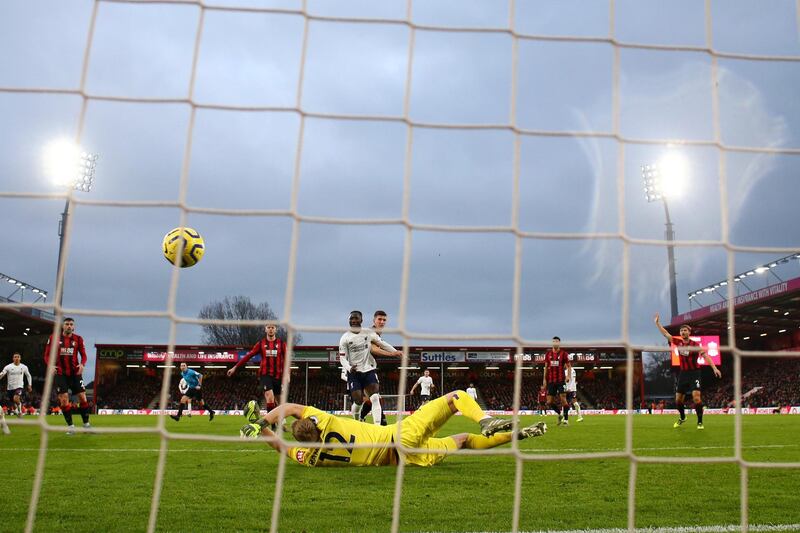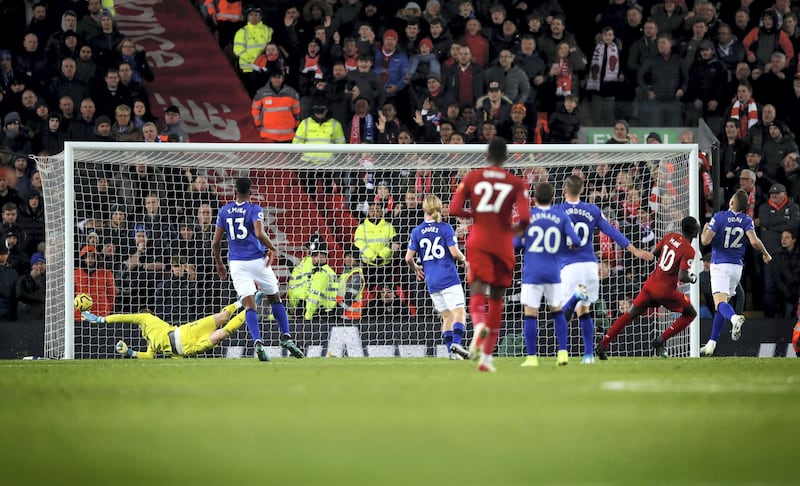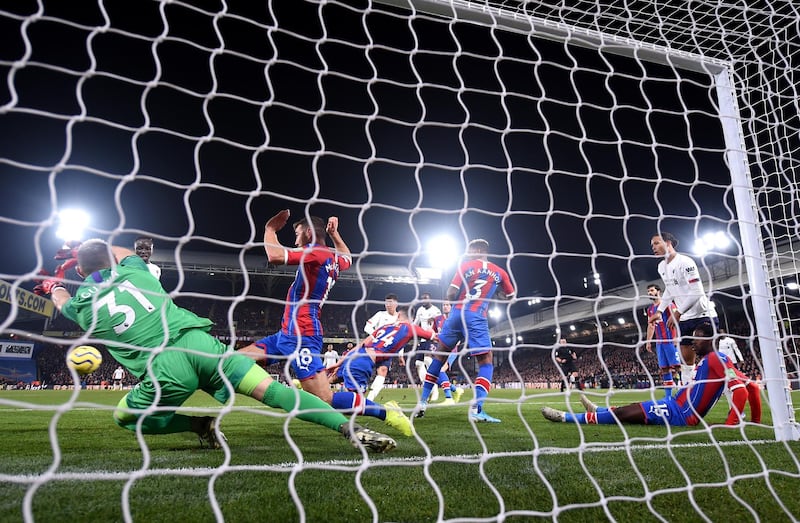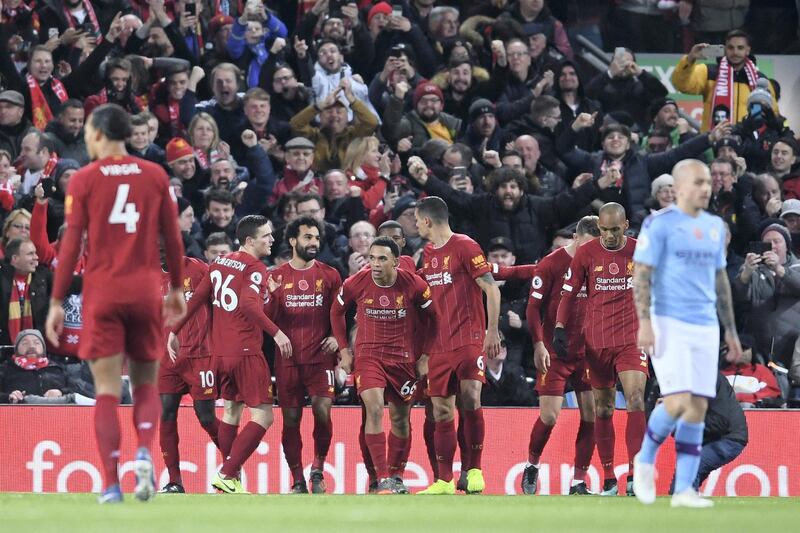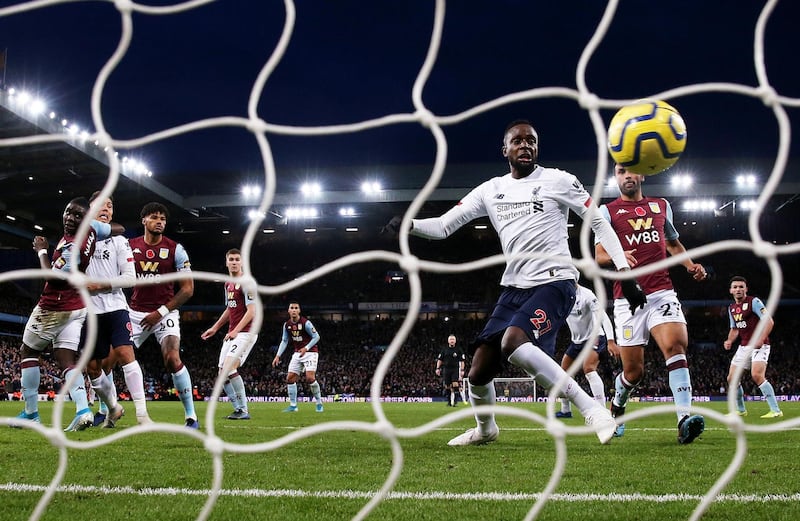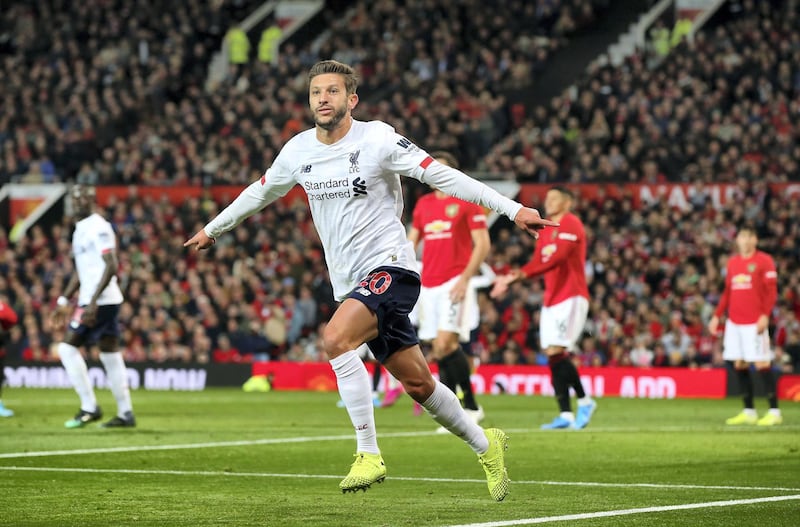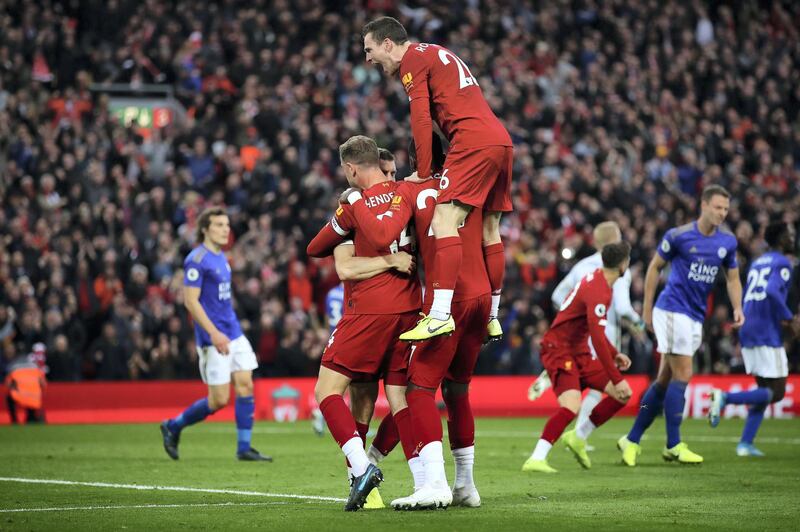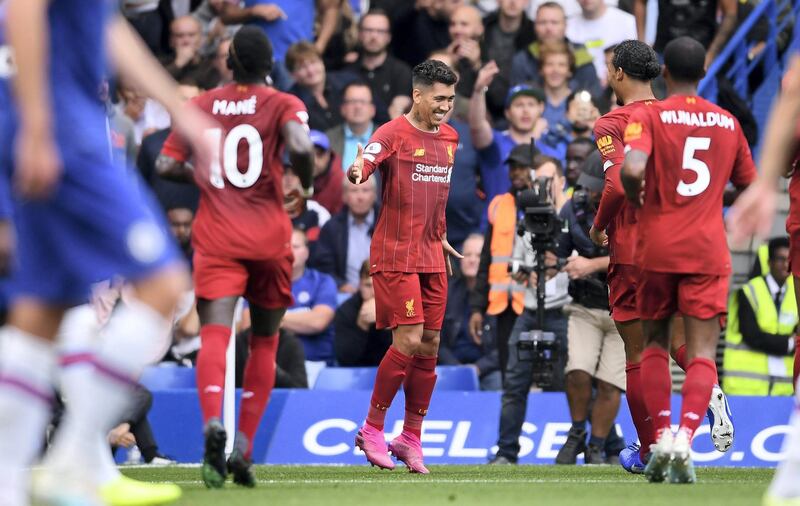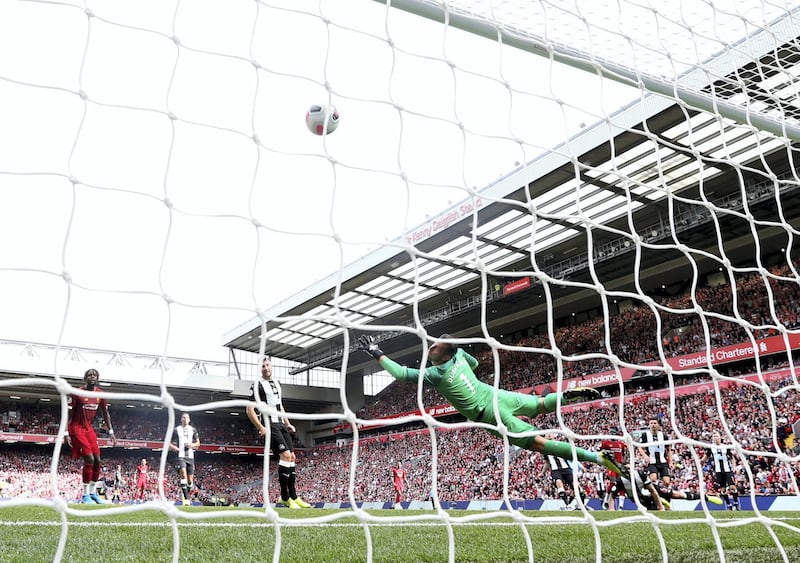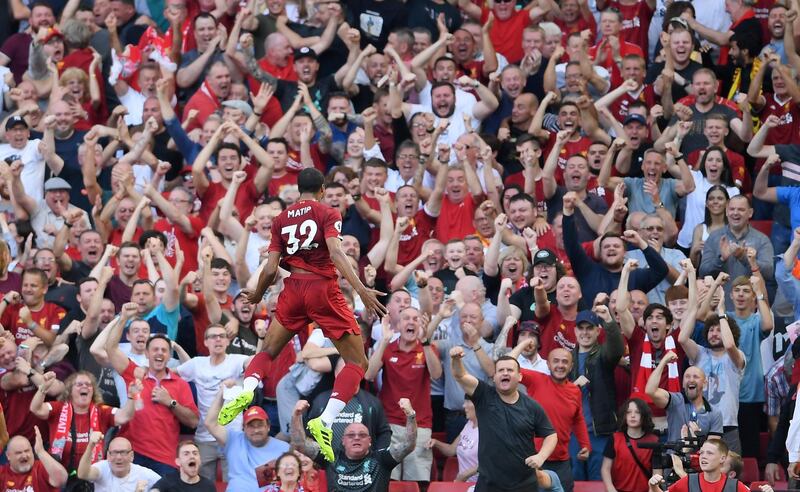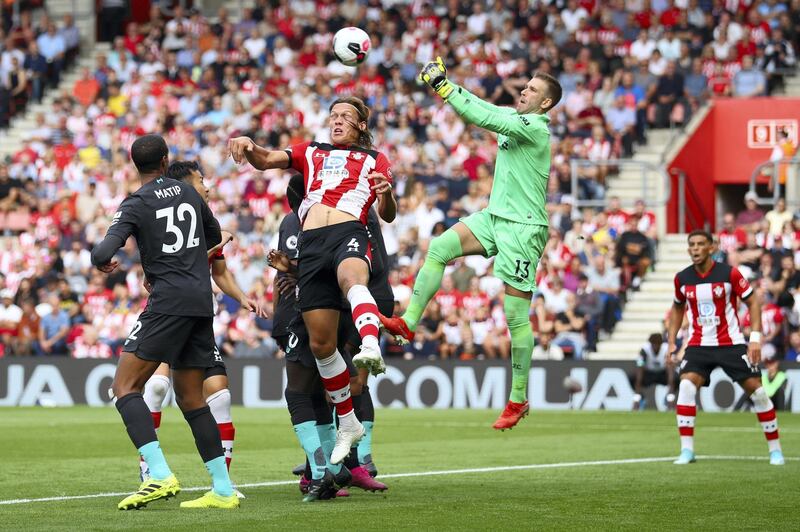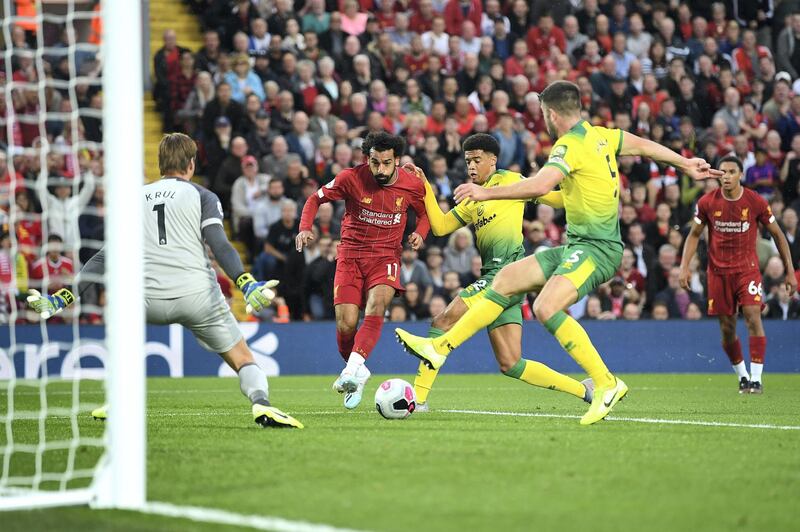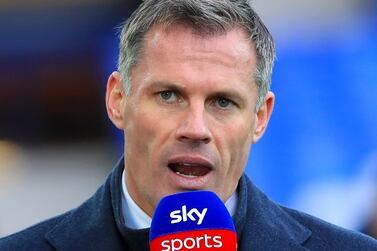There were 603 words in Liverpool chief executive Peter Moore’s open letter to supporters, but four stood out: “truly sorry” and “wrong conclusion”.
Liverpool's swift U-turn, deciding not to put 200 staff on furlough so the government paid the majority of their wages, came after a backlash that included fans, former players and Merseyside politicians. It was wrong. Liverpool repented.
Some of the super-rich are so wealthy because they excel at exploiting loopholes in the tax code.
Liverpool’s Boston-based billionaire owners attempted to abuse the Coronavirus Job Retention Scheme, an emergency piece of legislation devised to stop some businesses going bust and others from sacking employees, to benefit a club with a turnover of £533 million and a £42 million profit last year (Dh2.4 billion and Dh189m).
It was, the 2005 Champions League winner Dietmar Hamann said: “Contrary to the morals and values of the club I got to know.”
Values underpin Liverpool; or they are supposed to, anyway.
Indeed, their image has proved highly profitable for Fenway Sports Group; the combination of a charismatic, quotable manager with a social conscience, attacking football played by a likeable group of footballers, fervently supported by much of their local city, made Liverpool a commercial partner’s dream.
Their new slogan “this means more” had a hint of Barcelona’s “more than a club”.
They are institutions, expected not just to represent people, but reflect the best in them. They are supposed to inspire, not depress by cynically taking advantage of laudable programmes designed to save the struggling.
Liverpool is a city with unique dynamics: more socialist than much of England, economically poorer – the Walton constituency that includes Anfield is one of the most deprived in the country – but with a collectivist, campaigning ethic.
Liverpool supporters, led by the influential Spirit of Shankly pressure group, were outspoken in criticising their club. So were some of their favourite sons. "Respect and goodwill is lost; poor," said Jamie Carragher.
It would have looked morally wrong if they had gone to the government for money and then spent £50 million on Timo Werner and put him on over £100,000 a week. Or, indeed, if they were to grant Gini Wijnaldum the pay rise he is due and, in other contexts, has earned.
Persisting with the plan to furlough would have been more damaging than their Champions League exit. The wholesome image was being dented.
If the U-turn was enforced, and Liverpool looked worse when both Manchester clubs announced they would not furlough staff, it was welcome.
The Everton-supporting mayor of Liverpool Joe Anderson said: “It’s the right decision and in line with the values and principles of our city. It shows you listen and it shows you care about others.”
Spirit of Shankly appreciated “the club's honesty, change in plan and willingness to listen”.
And yet there should be two consequences, one internal, one external.
Liverpool should be asking themselves how it got to this stage. FSG’s greatest mistakes have come when they have ignored opinions on the ground in Liverpool.
There are plenty of people within the club – or, in cases such as Carragher, Anderson and Spirit of Shankly, within its wider orbit – who could have told them it was a terrible idea that would rebound on them. Why were they not consulted or listened to?
Then there is what ought to be the next domino to fall: Tottenham.
The other of last season’s Champions League finalists had announced they would furlough staff.
The Tottenham Hotspur Supporters Trust have urged chairman Daniel Levy to “pause and rethink. Do not further damage the club’s reputation. Listen to your fans”.
It was advice Liverpool belatedly took, better late than never.
